Thu, May 07, 2020
Partnership to Enable the Development of High Speed Point-to-Point Technologies
Virgin Galactic and The Spaceship Company have signed a Space Act Agreement with NASA to facilitate the development of high speed technologies.
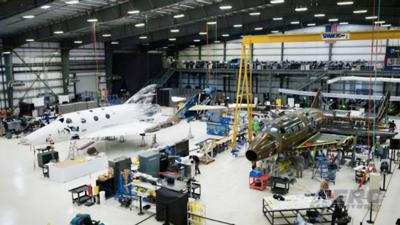
The Space Act Agreement (“SAA”), is set to enable and foster collaboration between NASA, Virgin Galactic and The Spaceship Company in order to advance the United States’ efforts to produce technically feasible, high Mach vehicles for potential civil applications.
Virgin Galactic believes that it is able to leverage its robust platform of advanced technologies, significant vertically integrated design, engineering and manufacturing capabilities, and thousands of hours of flight testing to develop additional aerospace applications. Together with its industry partners, Virgin Galactic is seeking to develop a vehicle for the next-generation of safe and efficient high speed air travel, with a focus on customer experience and environmental responsibility.
In partnership with NASA, Virgin Galactic believes there are significant opportunities to apply higher speeds to drive technological development to allow industries to adapt to the changing economic and ecological environment. The collaboration will aim to inform the development of national strategies using economic and technical foundations with a focus on sustainability.
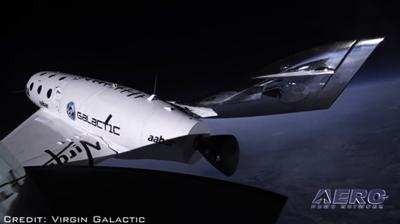
George Whitesides, CEO of Virgin Galactic Holdings said: “This is the beginning of an important partnership for Virgin Galactic and The Spaceship Company that will support the future development of aviation technology. Virgin Galactic’s unique experience and innovative technology platform will, in partnership with the historic capabilities of NASA and other government agencies, enable the progression of new technical steps that will improve US competitiveness. We see this as an area with tremendous growth potential that we will continue to invest in, alongside our commercial spaceflight operations.”
Dr. James Kenyon, Director of the NASA Aeronautics Advanced Air Vehicles Program said: “This Space Act Agreement will enable NASA to collaborate with Virgin Galactic and The Spaceship Company to allow our organizations to take advantage of new tools, techniques, and technologies developed over the last 50 years and to explore potential new solutions for the commercial aviation industry.”
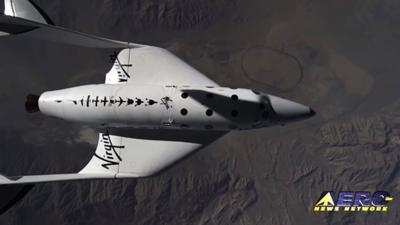
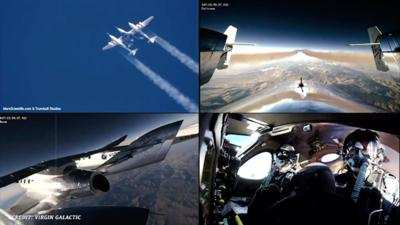
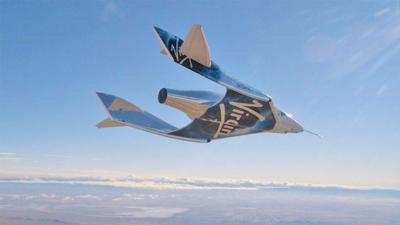
More News
He Attempted To Restart The Engine Three Times. On The Third Restart Attempt, He Noticed That Flames Were Coming Out From The Right Wing Near The Fuel Cap Analysis: The pilot repor>[...]
Make Sure You NEVER Miss A New Story From Aero-News Network Do you ever feel like you never see posts from a certain person or page on Facebook or Instagram? Here’s how you c>[...]
From 2009 (YouTube Edition): Leading Air Show Performers Give Their Best Advice for Newcomers On December 6th through December 9th, the Paris Las Vegas Hotel hosted over 1,500 air >[...]
Aero Linx: NASA ASRS ASRS captures confidential reports, analyzes the resulting aviation safety data, and disseminates vital information to the aviation community. The ASRS is an i>[...]
“For our inaugural Pylon Racing Seminar in Roswell, we were thrilled to certify 60 pilots across our six closed-course pylon race classes. Not only did this year’s PRS >[...]
 NTSB Final Report: Rutan Long-EZ
NTSB Final Report: Rutan Long-EZ ANN FAQ: Turn On Post Notifications
ANN FAQ: Turn On Post Notifications Classic Aero-TV: ICAS Perspectives - Advice for New Air Show Performers
Classic Aero-TV: ICAS Perspectives - Advice for New Air Show Performers ANN's Daily Aero-Linx (06.28.25)
ANN's Daily Aero-Linx (06.28.25) Aero-News: Quote of the Day (06.28.25)
Aero-News: Quote of the Day (06.28.25)







